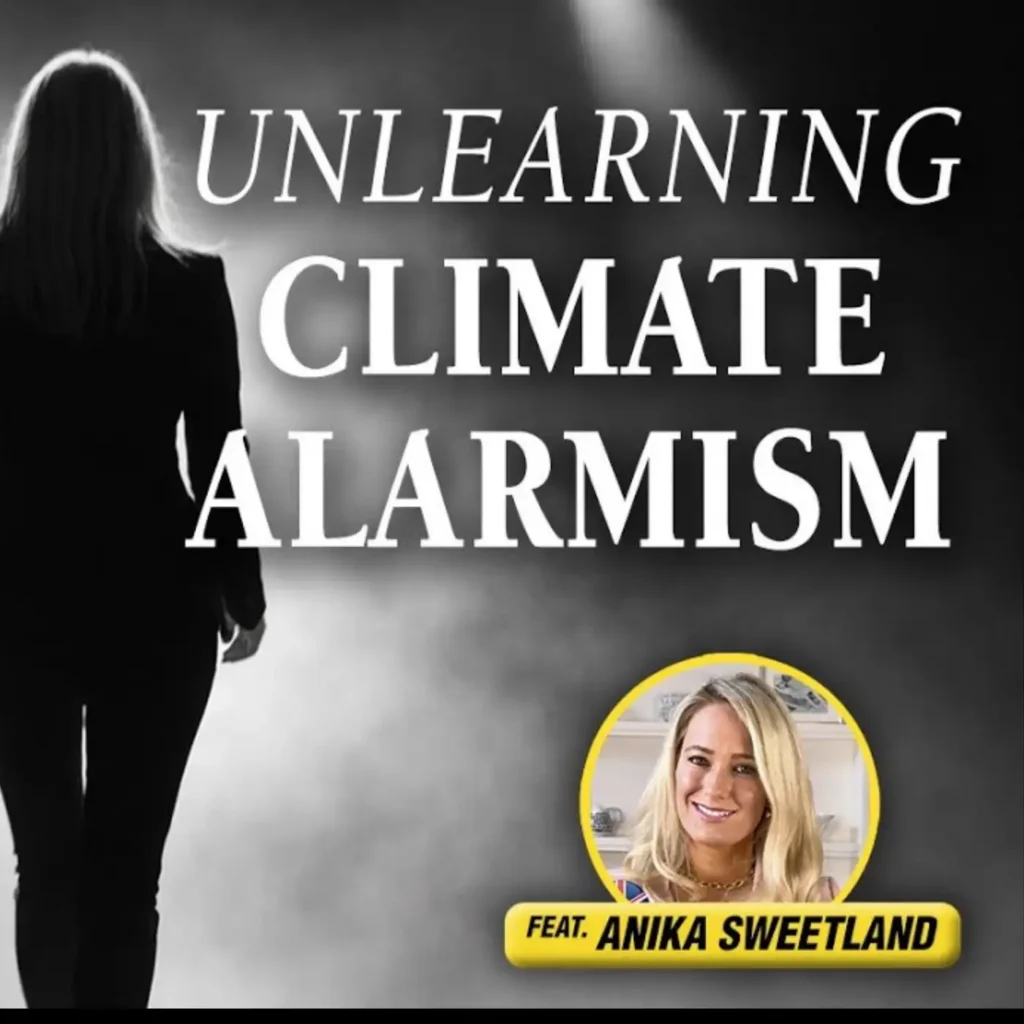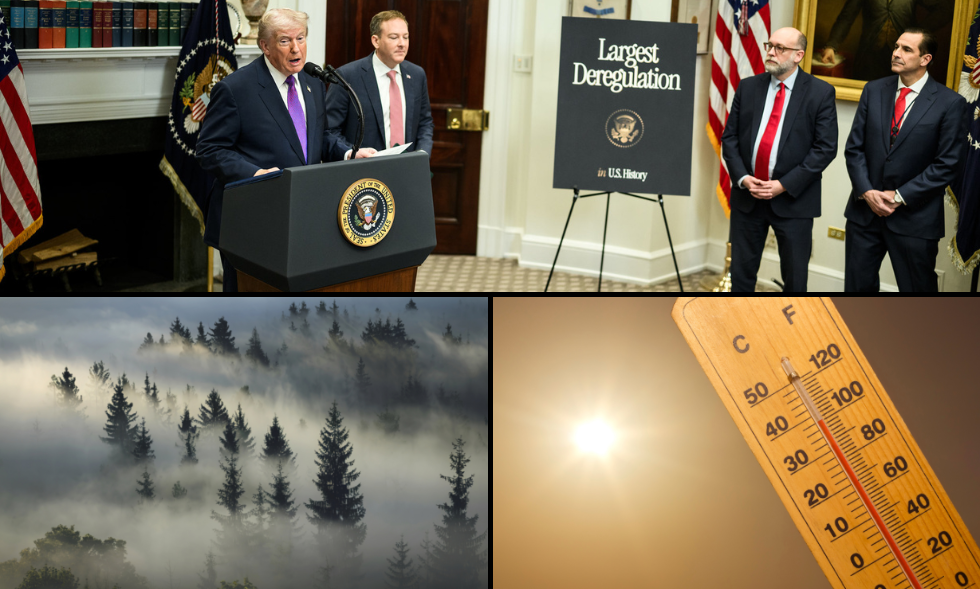The United States Supreme Court today ruled 7–2 in favor of Trinity Lutheran Church, stating its preschool program was improperly denied participation in a Missouri state government program that provided free playground mulch on the grounds it violated the “separation of church and state.” [Read the decision from the Supreme Court website: Trinity Lutheran Church of Columbia, Inc. v. Comer, Director, Missouri Department of Natural Resources.]
Writing for the majority, Chief Justice John Roberts wrote: “[The] exclusion of Trinity Lutheran from a public benefit for which it is otherwise qualified, solely because it is a church, is odious to our Constitution all the same, and cannot stand.” This decision may ultimately prove to be good news for school choice programs around the country, which are often thwarted by so-called “Blaine Amendments”–laws in many states that prevent education vouchers and other instruments of school choice from being used to pay for tuition at parochial schools.
The following statements from legal and education experts at The Heartland Institute–a free-market think tank–may be used for attribution. To book a Heartland guest on your program, please contact Media Specialist Billy Aouste at [email protected] and 312/377-4000 or (cell) 847/445-7554.
“The Supreme Court once again affirms the free exercise of religion ruling it is unconstitutional to deny a religious institution participation in a state program solely because of its religion. This is a narrow ruling, but it opens the door to further cases to confront the anti-religion Blaine Amendments in regards to education choice.”
Lennie Jarratt
Project Manager, Education
The Heartland Institute
[email protected]
847/302-3985
“The majority opinion in Trinity Lutheran marks a big victory for education choice and religious nondiscrimination. Hopefully, this decision will mark the beginning of the end for bigoted, antediluvian Blaine Amendments, which treat people unequally under the law and are used to block school voucher programs that help children escape from the dismal public schools they would otherwise be forced to attend.”
Tim Benson
Policy Analyst
The Heartland Institute
[email protected]
312/377-4000
“This is truly a momentous decision by the Supreme Court. The Blaine Amendments were born of anti-Catholic prejudice and led to a nearly full takeover of the nation’s schools by government and a general hostility of government toward exercise of religion in all areas of life. The nation’s schools have been increasingly inclined to serve the interests of government instead of those of the students, their families, and the taxpayers, further reinforcing this hostility toward religion.
“This decision could ultimately lead to Supreme Court rulings that fully break the government monopoly over schooling and other areas of endeavor, as indicated by the partially concurring opinions of Justices Neil Gorsuch and Clarence Thomas and by Chief Justice John Roberts’ refusal to endorse ‘footnote 3,’ an item that lower courts will be tempted to use to limit the scope of the decision. It is very likely that the replacement of one of the other justices will lead to a full rejection of all government discrimination against the free exercise of religion, thus returning the nation to the principles of its founding in this regard, at long last.”
S.T. Karnick
Director of Publications
The Heartland Institute
[email protected]
312/377-4000
“This ruling has the potential to dismantle the case for Blaine Amendments, which have bolstered bigotry and discrimination in many states since the day they were implemented. Chief Justice John Roberts noted that ‘the exclusion of Trinity Lutheran from a public benefit for which it is otherwise qualified, solely because it is a church, is odious to our Constitution … and cannot stand.’ That shows immense respect for the Constitution and our citizenry’s right to practice religion freely. This ruling is a huge step in the right direction for educational liberty, and has set a precedent that other courts will have trouble contradicting.”
Teresa Mull
Research Fellow, The Heartland Institute
Managing Editor, School Reform News
[email protected]
814-360-0615
“This is a victory for religious liberty. The case is soundly decided on the plain meaning of the Free Exercise Clause and it is consistent with prior holdings. Justice Neil Gorsuch’s concurring opinion, and the gentle debate between his concurrence and that of Justice Breyer, is revealing of slight variations in methods of their approaches to texts that may grow in significance in future cases.
“Although the Missouri state policy that was held to offend the First Amendment may have been rooted in the distasteful anti-Catholicism of the Blaine Amendment movement in the nineteenth century, the Court did not need to question or even examine the motives of those who favored the adoption of the Missouri Constitution’s clause. Consideration of its public meaning and of its application to the facts was sufficient to reach the decision in the case.”
Joseph A. Morris
President, The Lincoln Legal Foundation
Policy Advisor,
The Heartland Institute
[email protected]
312/606-0876
“The U.S. Supreme Court’s 7–2 ruling invalidating Missouri’s religion-based discrimination against Trinity Lutheran Church’s preschool has the potential to be a great victory for parents who want religiously affiliated schools or service providers to be among the opportunity-expanding options for their children using state-funded vouchers or education savings accounts. However, it would be wise to keep in mind the old proverb to the effect that ‘the wheels of justice turn slowly but grind exceedingly fine.’
“One footnote of the majority opinion gives pause. It stipulated that the Trinity case ‘involves express discrimination based on religious identity with respect to playground resurfacing.’ The newest justice, Neil Gorsuch, was all over that, worrying in a concurring opinion that some might interpret that footnote as meaning the voiding of religious discrimination applies only when withholding state aid harms the safety or health of children at play. Gorsuch declared his understanding to be that ‘the general principles here do not permit discrimination against religious exercise–whether on the playground or anywhere else.’
“Bottom line: It might take one more Supreme Court decision to deliver a knockout blow to the bigoted anti-Catholic Blaine Amendments of the nineteenth century, which still persist in two-thirds of state constitutions, and thereby to ensure that parents may use vouchers or ESAs in schools they deem best for their children.”
Robert G. Holland
Senior Fellow, Education
The Heartland Institute
[email protected]
312/377-4000
“While this is a welcome ruling against the anti-religious bigotry of a state Blaine Amendment, it is also a disappointing ruling in that a footnote in the ruling said it limited its application to playground resurfacing projects. This narrow view means that Blaine Amendments will have to make a return trip to the Supreme Court before they are rightly struck down as discriminatory. But as Justice Neil Gorsuch noted in his dissent on Justice Roberts’ limitation, ‘the general principles here do not permit discrimination against religious exercise–whether on the playground or anywhere else.'”
George Clowes
Senior Fellow, Education Policy
The Heartland Institute
[email protected]
312/377-4000
“Constitutional jurisprudence on church/state issues has moved miles from the intentions of the Founders–who knew that the First Amendment allowed flat-out religious establishment on the part of states, but not the national government. But the position of Court conservatives in this case (and some related cases) that forbids discrimination against religion (and doubtless, against irreligion) is philosophically attractive. It is also a much-needed rebuke to the forces of intolerant secularism.
“Neutrality as between religion and irreligion is far and away the best course for government trying to navigate the hot-button conflicts of the culture wars.”
John McAdams
Associate Professor of Political Science
Marquette University
[email protected]
414/288-6842
“The U.S. Supreme Court leveled the playing field today. In siding with Trinity Lutheran, the high court sent a strong message: Religious bigotry cannot stand under the First Amendment. At a time when people like U.S. Sen. Bernie Sanders (D-VT) are claiming that Christians are unfit for posts in the federal government because of their Biblical beliefs, this case is a clear reminder that Christians–and all people of faith–cannot be discriminated against because of their religious views.”
Josh Brown
Legal Counsel and Director of Public Policy
Citizens for Community Values
Policy Advisor, The Heartland Institute
[email protected]
614/284-4394
“I have mixed feelings about the decision, although I think it was the right call. I find it troubling that the reach of the Fourteenth Amendment never ceases to extend, and state sovereignty always seems to shrink. I would have hoped for some clear test or analysis that would tell us when the latter could resist the former. But, that said, I think the Court reached the right outcome and governing precedent commanded it as well. Even better, the decision promises to bolster school choice efforts throughout the country in states where anti-Catholic Blaine Amendments exist.”
Nick Dranias
Policy Advisor
The Heartland Institute
[email protected]
602/228-2582
“Private K–12 schools educate about 10 percent of America’s children. Parents of these children pay taxes to states to support public schools for the other 90 percent. It’s reasonable that states offset the expense they would have to pay to educate all children with this type of support.”
Michael Warder
Vice Chancellor (retired), Pepperdine University
Principal, The Warder Consultancy
[email protected]
312/377-4000




